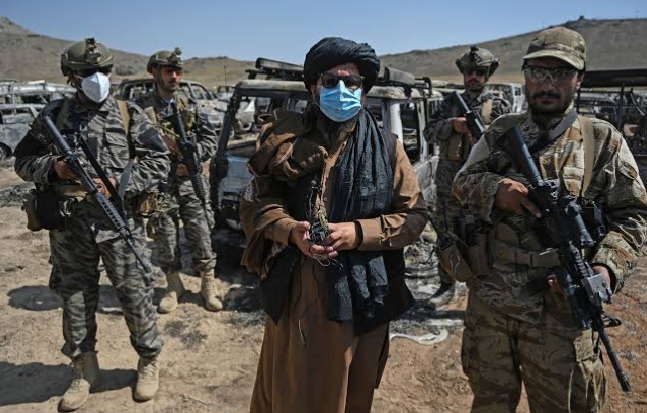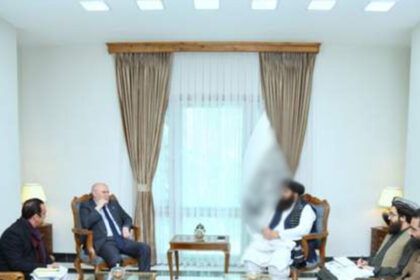RASC News Agency: Emerging reports from northern Afghanistan reveal a disturbing pattern of ethnic discrimination and institutional mistrust within the Taliban’s security apparatus. According to reliable sources, a group of young men from the Panjshir Valley who had recently joined Taliban forces out of economic desperation are being subjected to systemic marginalization and surveillance within the group’s military ranks. The issue was brought to light by Shamsuddin Hamed, the former director of education in Panjshir, who detailed the treatment of these recruits in a widely shared social media post. Hamed noted that the young Panjshiris, currently stationed in the Balkhab district of Sar-e-Pul province, are formally enlisted as soldiers, but have been functionally disarmed. Their access to weapons is restricted solely to brief, scheduled guard shifts. After each shift ends, their firearms are confiscated.
“We have no authority. No trust is placed in us,” said one of the recruits, speaking on condition of anonymity. “All commanding officers are from a single ethnic group Pashtuns. They watch us constantly, like we’re outsiders inside our own country.” These young men, who joined the Taliban not out of ideological allegiance but due to the absence of economic opportunity under Taliban rule, describe an environment steeped in distrust and ethnic superiority. Though they wear the same uniform as other Taliban fighters, they are treated with suspicion and sidelined from any meaningful role in the command hierarchy.
Analysts say the Taliban’s behavior toward Panjshiri recruits is emblematic of a broader and more entrenched ethnocentric structure that defines the group’s internal policies. Despite repeated public assertions of “national unity,” the Taliban has concentrated power overwhelmingly in the hands of Pashtun elites, particularly those aligned with the Kandahari core of the movement. Non-Pashtun groups, including Tajiks, Hazaras, Uzbeks, and especially Panjshiris, are largely excluded from leadership roles and are routinely subjected to discrimination. Security observers warn that such ethnic exclusion is more than just a moral failure it is a structural liability. “You cannot build a functioning military by recruiting people you fundamentally don’t trust,” said a regional analyst based in Central Asia. “These practices do not reflect cohesion they reveal the Taliban’s fear of internal dissent and ethnic diversity.”
The Taliban’s exploitation of impoverished youth from historically marginalized provinces using them as foot soldiers while simultaneously denying them any real stake in the system has only deepened the chasm between the regime and Afghanistan’s multiethnic population. This approach, experts argue, is not only unsustainable but dangerous, as it risks eventual mutiny, desertion, or internal rebellion. Critics of the regime also point out the strategic use of local recruitment in regions like Panjshir or Balkhab is more about optics and control than inclusion. By co-opting a handful of ethnic minorities into the ranks, the Taliban aims to present a façade of national inclusivity to international observers, all while entrenching an internal apartheid that favors a singular ethnic identity.
As the Taliban attempts to consolidate its hold over a fractured nation, its policies continue to alienate the very populations it claims to govern. What unfolds on the ground in places like Sar-e-Pul is not unity it is domination masked as order, and the discontent is growing louder.






